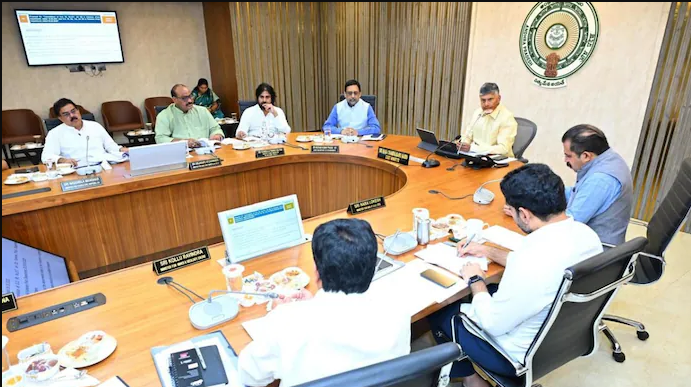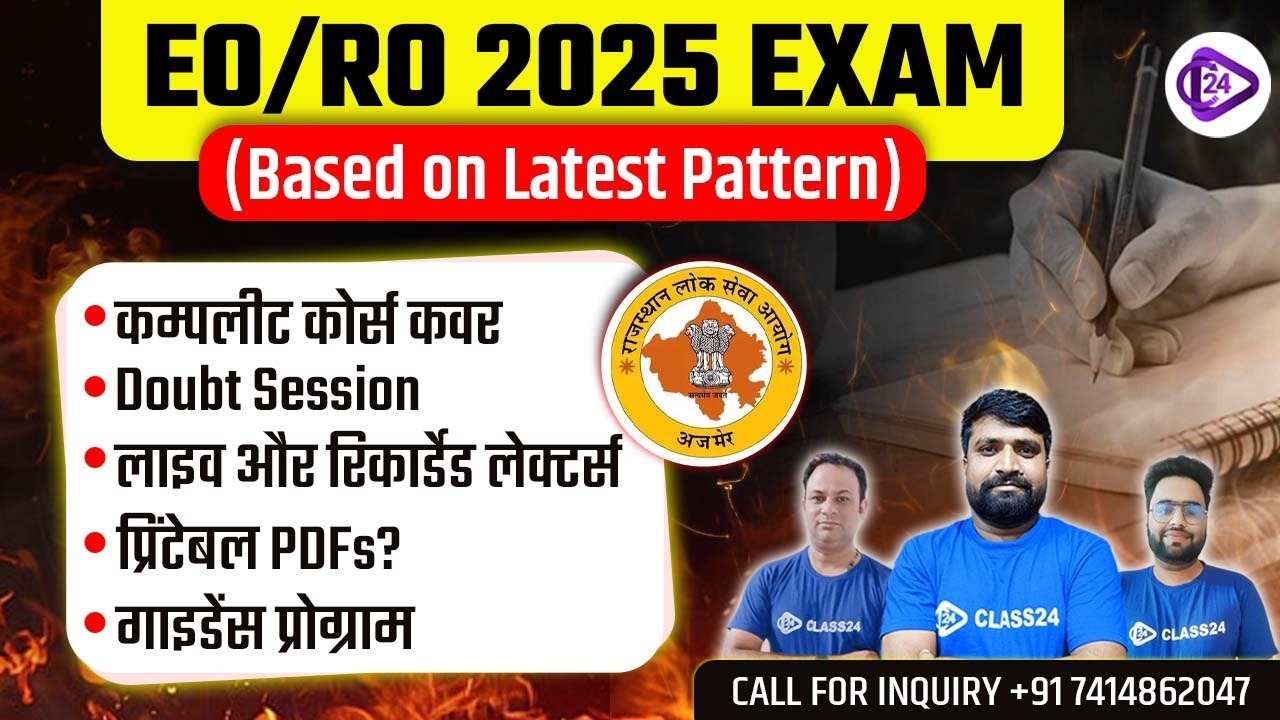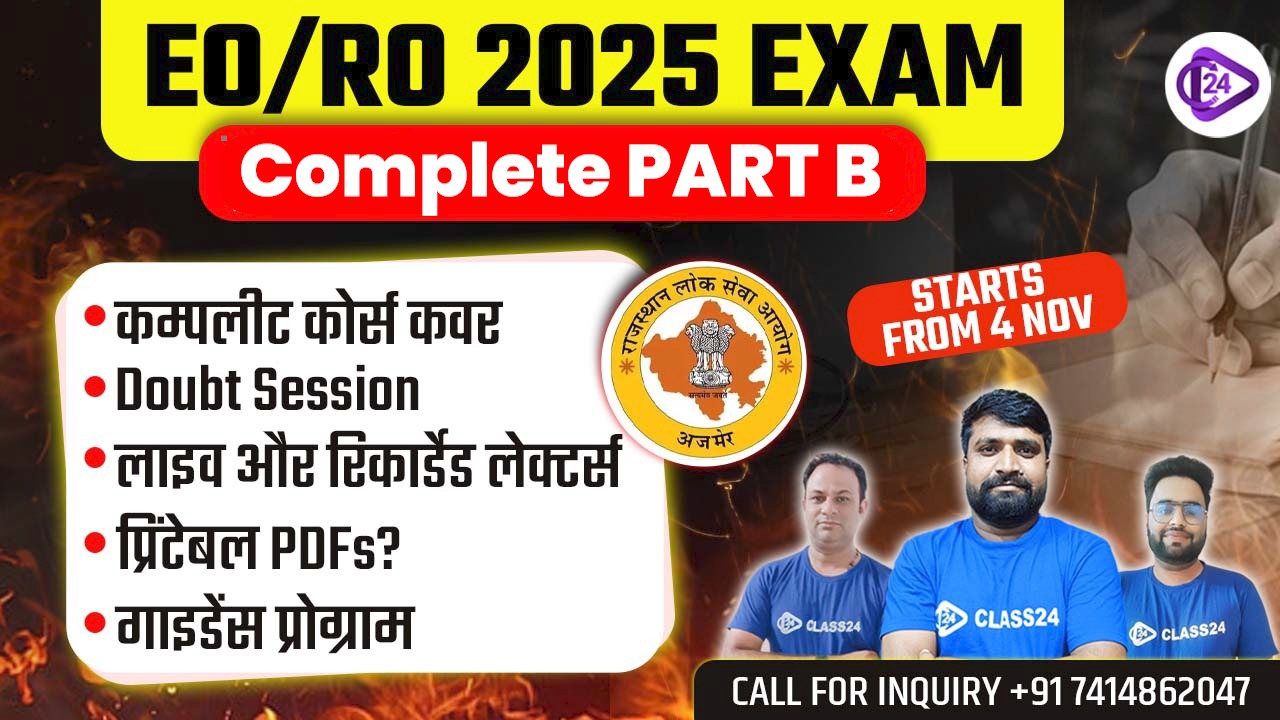
The Andhra Pradesh government has repealed the two-child policy for individuals aspiring to contest local body elections. Originally implemented over four decades ago to curb population growth, the policy had restricted candidates with more than two children from holding local administrative offices. The believe was that as fertility rates dropped, and the socio-economic structure of the country changed, the government realized the importance of responding to the modern environment. This important measure helps to relieve the unfair exclusion of candidates in accordance with their family size and strengthens grassroots democratic electorates. This reform has found its way in current affairs 2024 and therefore is important for analysis in SSC and UPSC exams.
Understanding the Two-Child Policy
The two-child norm was established to solve the problem of overpopulation and support responsible for childbearing. Voters with over two children were locked out of voting, let alone contest for an election, thus their ability to elect their leaders of their choice was affected. But in Andhra Pradesh, the TFR has decreased to a level below the replacement level of 2.1 from 3.56 that was seen in 2001. Ideas such as these have made fertility regulation policies of the past inconceivable. This makes the decision of the state not only on time but also in harmony with the calls for more relevant governance structures. This change has been given coverage in current affairs programmes broadcasted on national television and radio for the purpose of the competitive examinations.
Key Reasons for Policy Removal
Declining Fertility Rates: The population is gradually growing in the state, which means that measures like these are not necessary anymore.
Inclusive Governance: The elimination of the policy will help talented people to be able to vote and stand for elections irrespective of how many children they have.
Alignment with Demographic Trends: The move aligns with the country’s population policies giving better shape to demographic dividend.
Implications for Policy and Current Affairs
This reform has attracted debates across the country over the applicability of the similar measures in other states. This is a wake up call and a wake up call for policymakers that time has come for them to appreciate the real socio-economic and demographic climate that informs policy making. Low level strategy for SSC and UPSC is governance and demography Andhra Pradesh’s decision is a current affair.
Conclusion
This eradicating of two-child policy in Andra Pradesh become an example of good governance of the state and progressive government. That shows that their decision meets the current Indian demographic portrait, revealing the need for more liberal measures today. This topic is quite up to date in current affairs of 2024, and thus can be useful when one is preparing for the competitive exams.
Chat With Us


 Indian Army Optical Fibre Ladakh
Indian Army Optical Fibre Ladakh Indian Army Installs Fibre Connectivity Siachen DBO
Indian Army Installs Fibre Connectivity Siachen DBO India Energy Security Future Renewable Energy
India Energy Security Future Renewable Energy India's G20 Presidency and Key Outcomes 2024 Summit
India's G20 Presidency and Key Outcomes 2024 Summit Constitution Museum Sonipat Haryana Democracy Heritage
Constitution Museum Sonipat Haryana Democracy Heritage India Green Hydrogen Mission Clean Energy Transition 2024
India Green Hydrogen Mission Clean Energy Transition 2024 International Film Festival 2024 Goa India
International Film Festival 2024 Goa India Prime Minister Internship Scheme 2024
Prime Minister Internship Scheme 2024 Deployment Central Forces Manipur Security Challenges
Deployment Central Forces Manipur Security Challenges






